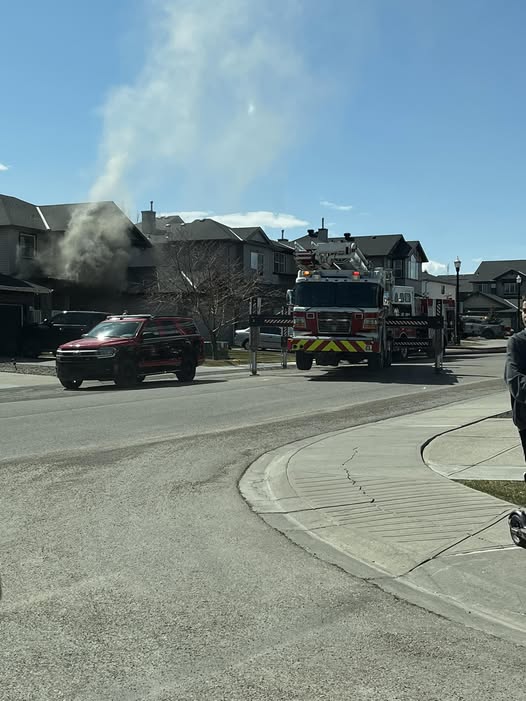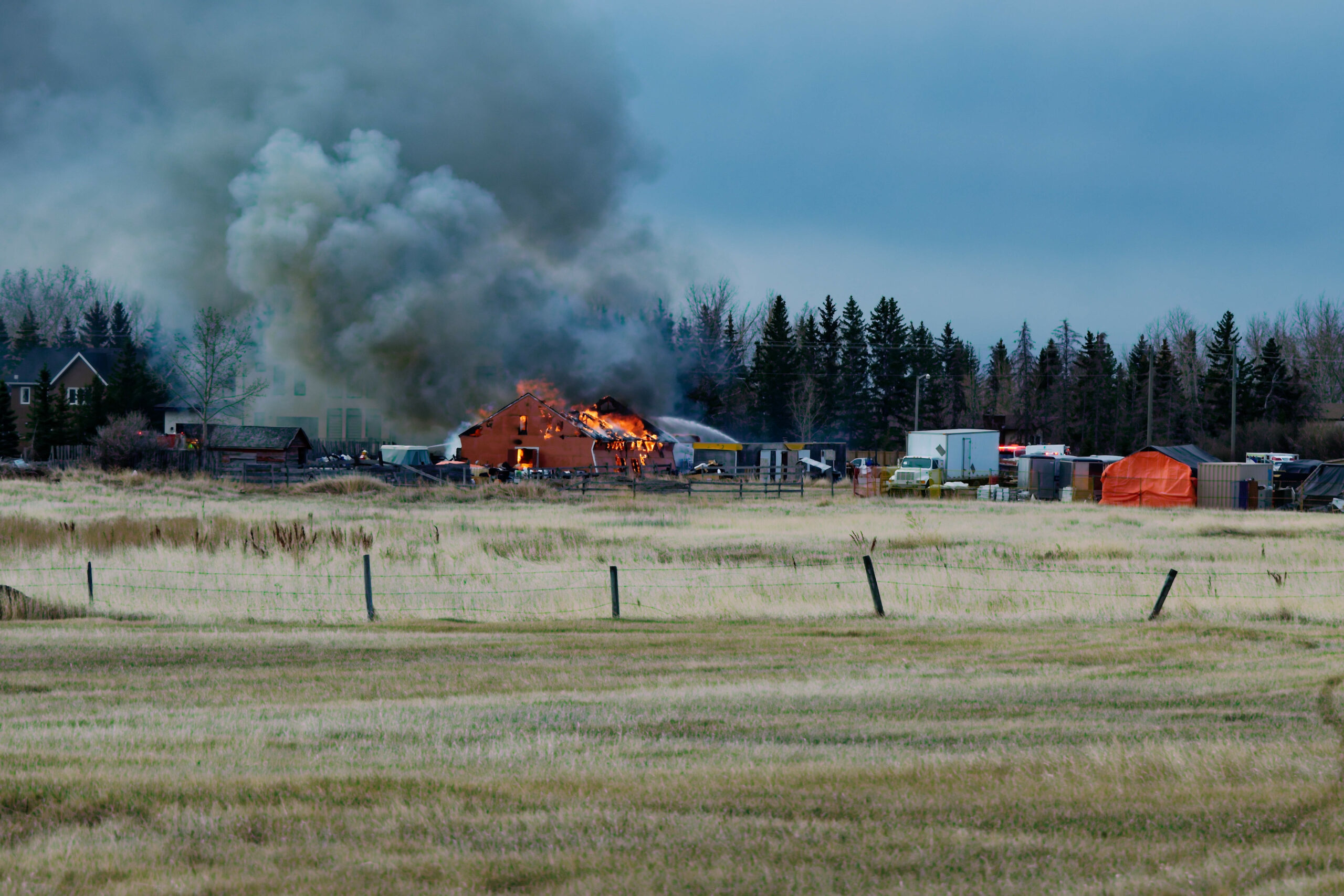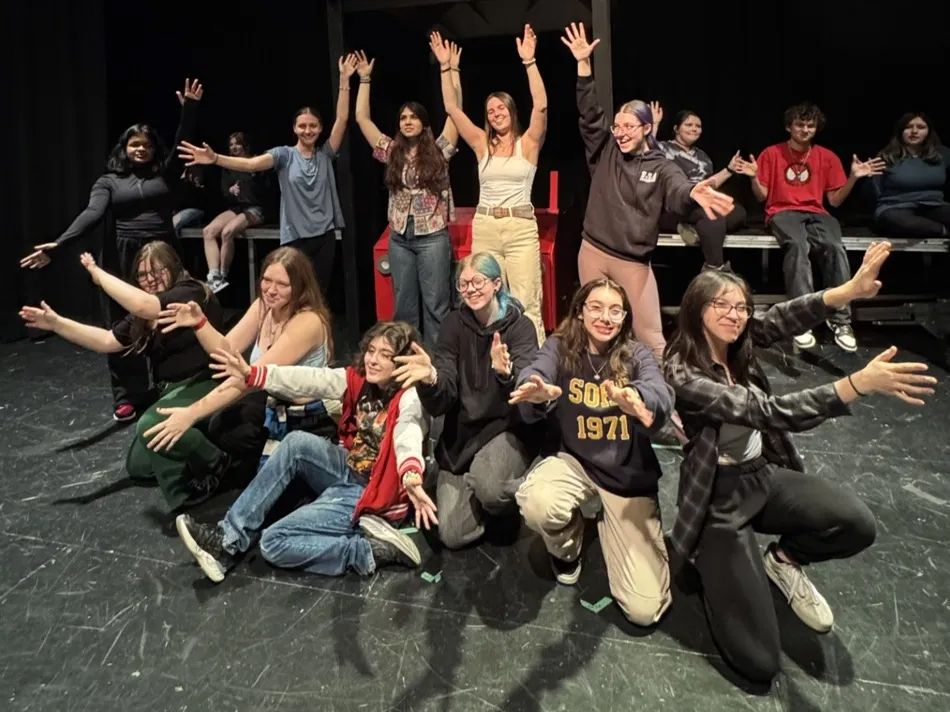How do you prepare students for a future which has not yet been created? “Today, schools need to prepare students for more rapid change than ever before, for jobs that have not yet been created, using technologies that have not yet been invented, to solve problems that we don’t yet know will arise” (Schleicher, 2012). How is this possible? Some time back I had an opportunity to be a part of a conversation with the CEO of Cenovus Energy. He spoke about what they are looking for in an employee. I assumed the was going to talk about levels of education, university versus college, students with high intellectual understanding, team players etc. Rather, he spoke about what we value in education currently. Ideas such as, “graduates who can think and problem solve” rose to the top of the conversation. For many of us, we are from the generation of knowledge and memorization. Although we had the Internet, knowledge was not as readily assessable to us as it is today. Today we are teaching our students in ways as to help them be successful in a future, which seems unknown from a knowledge standpoint. So, what does that mean in our foundations for learning? The foundations remain the same.
Our students still require a strong skill in literacy and numeracy. However, they also require a foundation in critical thinking, analysis, problem solving, group problem solving, global and financial awareness, and solid resiliency in the face of failure. What the CEO of Cenovus was pointing out, is the difference between teaching “what to know” versus “what you need to know to design or solve”.
The attitude of learning is truly lifelong. I asked the CEO “what do our graduating students need today when they leave high school?”, his response was (paraphrased), “they know how to learn and how to problem solve. The knowledge aspect of their job will be taught to them; I need to know they have the ability to learn and solve problems of every nature”. The balance in education is making sure the foundations and the preparation for the future are working in concert together.
This why in RVS you constantly hear us talking about the 21st Century Skills and foundations for literacy and numeracy.
Langdon School report for February
In response to Canada's Online News Act and Meta (Facebook and Instagram) removing access to Canada's local news from their platforms, Anchor Media Inc encourages you to get your news directly from your trusted source by bookmarking this site and downloading the Rogue Radio App. Send your news tips, story ideas, pictures, and videos to info@anchormedia.ca.









